The Class of 2016 took part in a project about Post Structuralist Feminist Theory while reading Wuthering Heights by Emily Bronte. Karinne Robbins ’16 made a video for her project and has given the Oracle permission to share it on her behalf.
English teacher Jenn Babin taught Post Structuralist Feminist Theory to her English 10 Honors class. When asked to describe the small group of 16 girls, Beatrix Rowland ’16 said, “My English classmates are some of the brightest people I have ever met, which is lucky because post structuralist feminist theory is a tricky concept.”
Here is Karinne’s video:
[vimeo id=”93085602?color=ff0179″ width=”600″ height=”350″]
If you would like to learn more about this theory, here is an abridged excerpt of the document Ms. Babin gave her class on the topic:
Post Structuralist feminist theories examine how gender is socially constructed, rather than natural, innate, or essential. Gender as the product of or illusion created by, the same structures of language that create the illusion of ‘I’dentity. Post Structuralist cultural theorists of gender […] say that gender is a set of signifiers that work to divide social practices and relations to the binary oppositions of male/female and masculine/feminine. ‘Gender’ is a relationship established between signifiers; this relationship is arbitrary. Since ‘gender’ is constructed through arbitrary links between signifiers and signified, the connection between the two can be weakened, changed, or broken. Since the signifiers of gender help maintain the system of binary oppositions that shape Western thought by dividing the world into ‘male’ and ‘female,’ and valuing ‘male’ over ‘female,’ gender can be deconstructed. Even more than just an ‘awareness’ of these imbalances and inequalities, feminist theories provide analyses of how these inequalities evolved, how they operate, and – perhaps most importantly and also most controversially – how they might, could, should be changed in order to create a more equitable arrangement of social power and privilege. It is this last element – the element of social change, of political advocacy – that generally makes people uncomfortable with the idea of feminist theory as an academic of intellectual pursuit.
This content was gathered from: the Purdue University OWL website and two books: From Absurd to Zeitgeist by Morner & Rausch and Literary Theory: A Guide for the Perplexed by Klages.



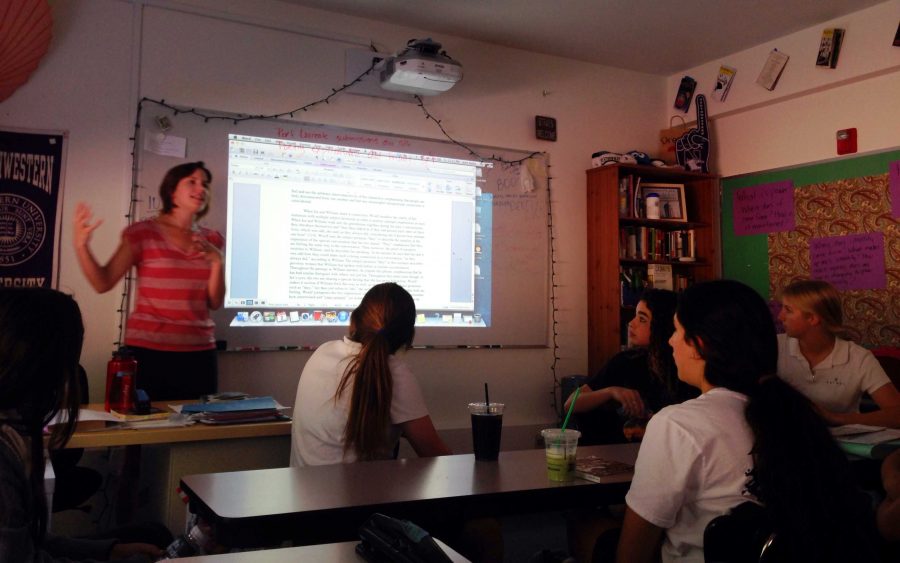

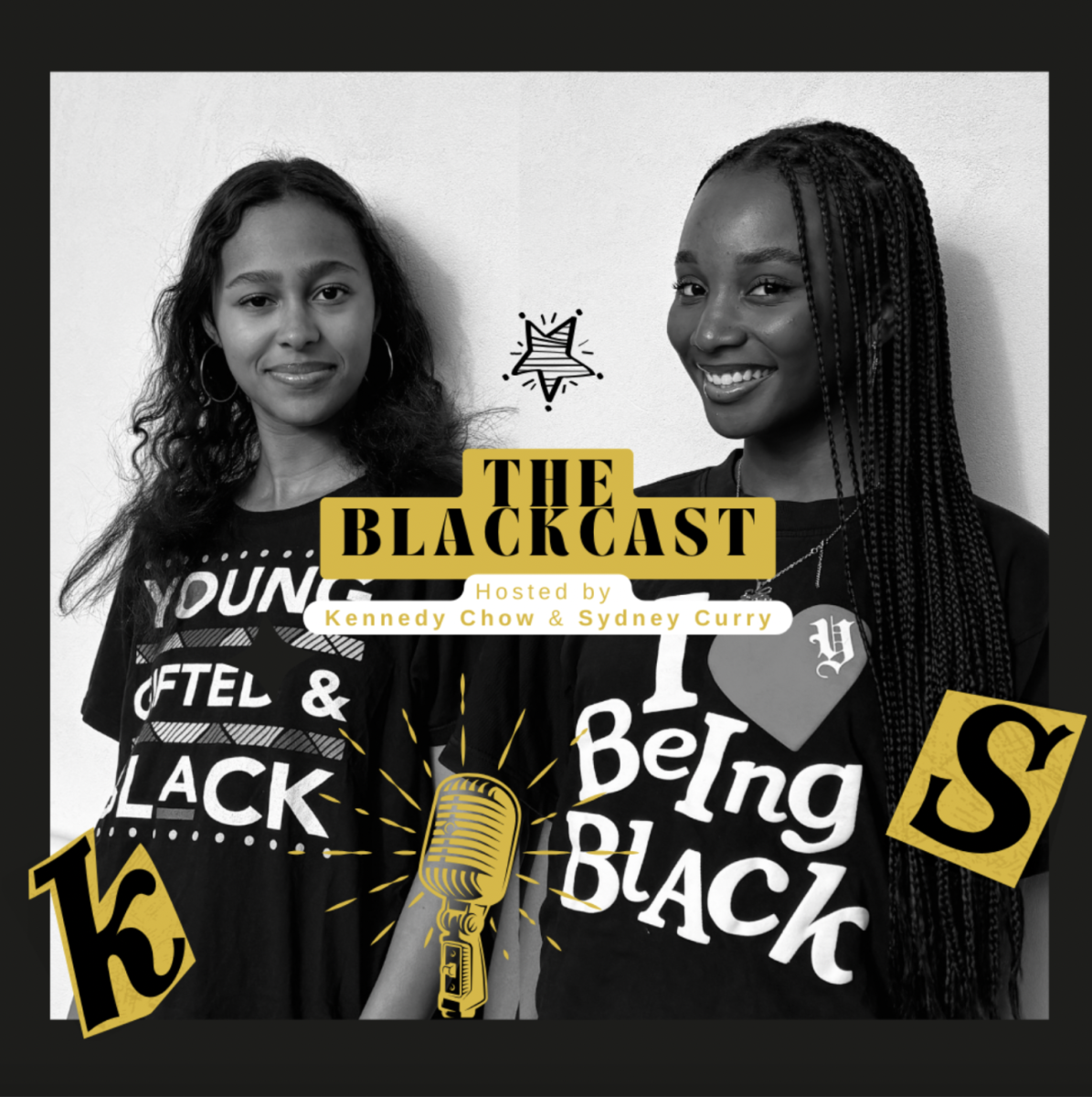


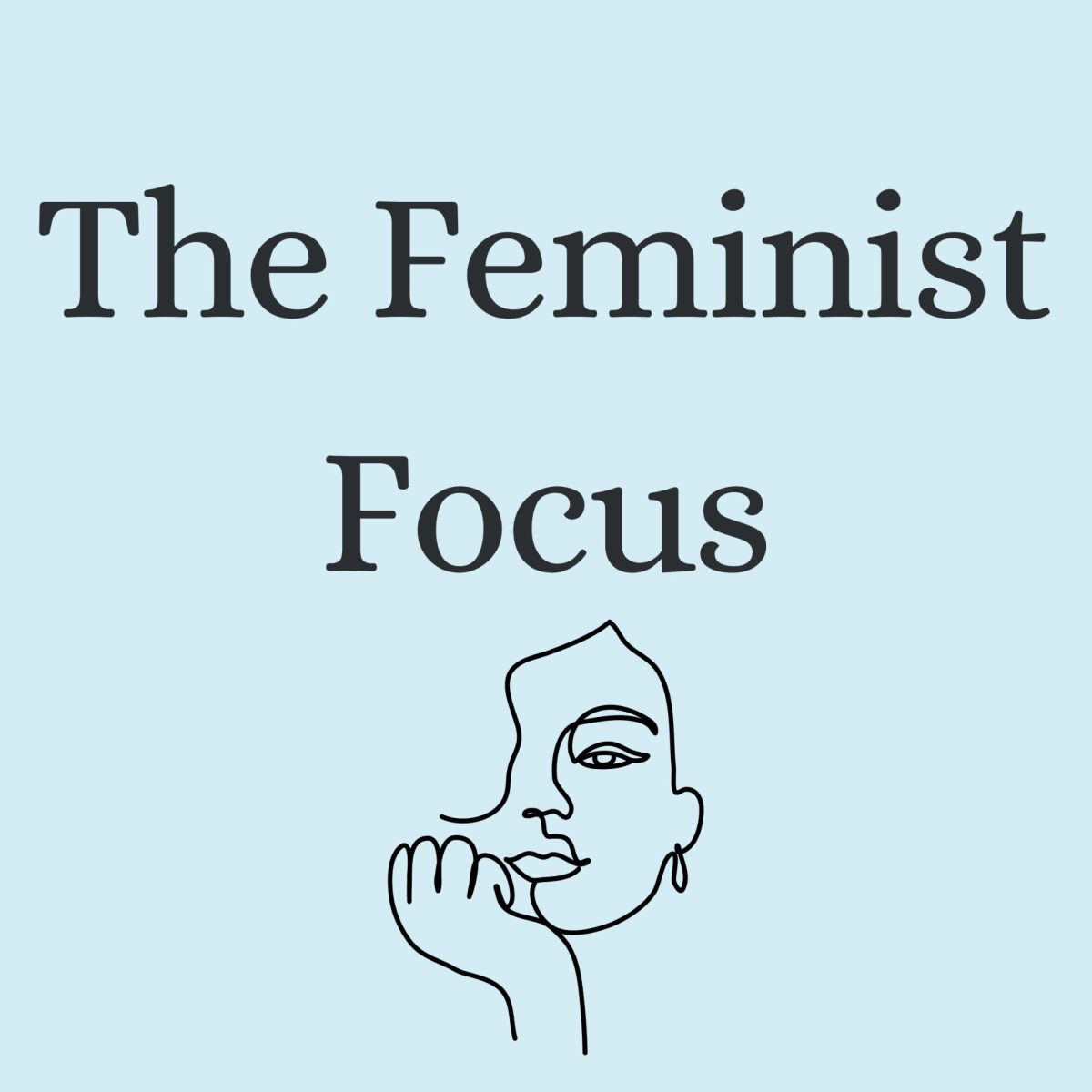


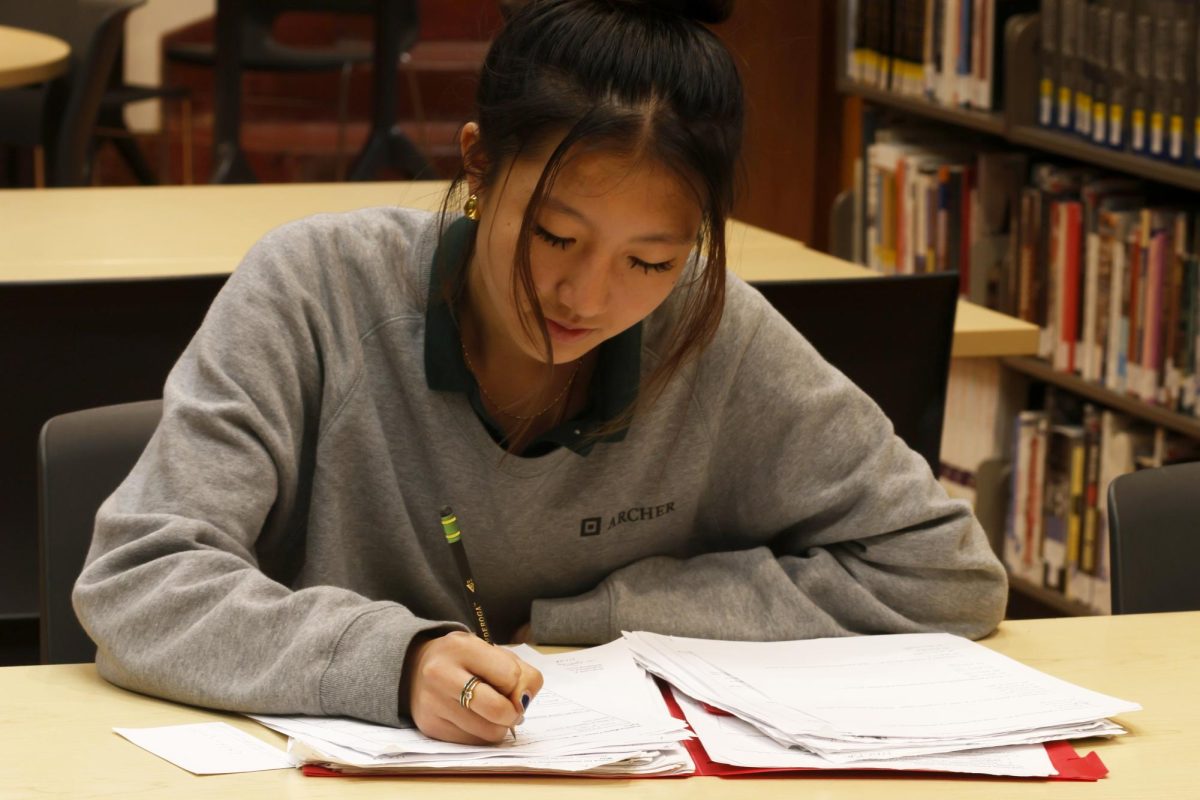

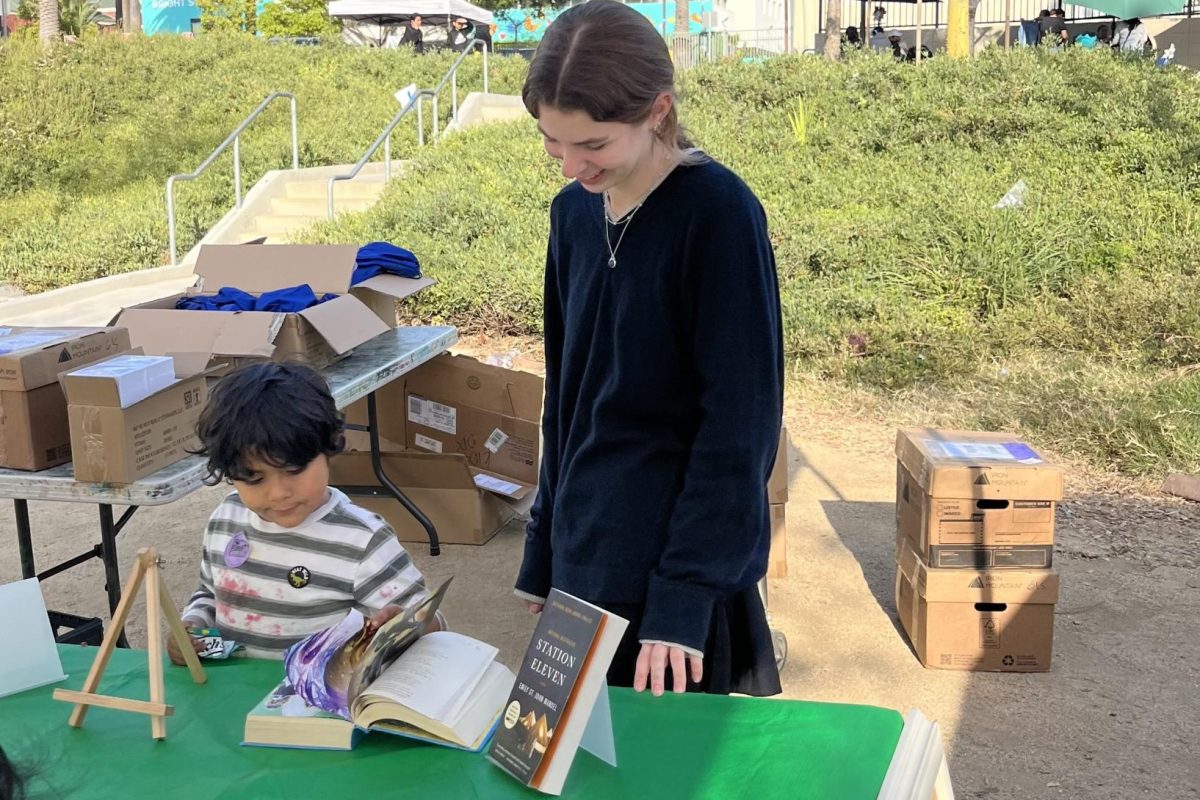
![After the ceremony, Natalie Huang ('25), Lily Poon ('25) and Addie Meyers ('25) pose to take a picture. Many seniors took pictures with their family and friends after the ceremony to capture moments during Founders Day. "A moment that I enjoyed is right after Founders Day, when a lot of seniors were taking pictures," Curry said. "They were kind of doing things [to] soak up those last Founders Day memories. Because even if we forget what was said during the speeches, and even if we forget everyone who was in our class, who will forever have those pictures, and those will be cemented memories."](https://archeroracle.org/wp-content/uploads/2024/11/k-1200x800.jpg)